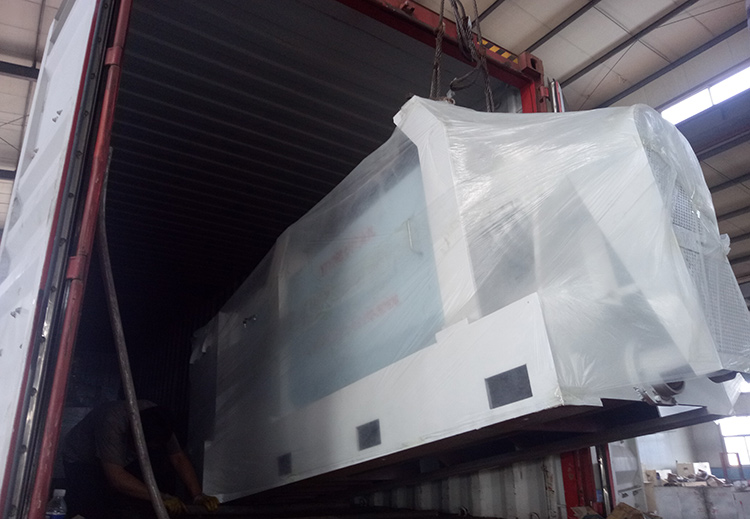Nën . 25, 2024 09:21 Back to list
Efficient and Advanced Animal Oil Refining System for Premium Product Quality
High-Quality Animal Oil Refining Unit A Gateway to Superior Animal Fat Products
In recent years, the demand for high-quality animal fats has surged, leading to significant advancements in animal oil refining technology. Animal fats, which include tallow from cattle, lard from pigs, and other by-products, are essential in various industries such as food, cosmetics, and biofuels. A high-quality animal oil refining unit is crucial to meet this increasing demand while ensuring product safety and quality.
At the core of a high-quality animal oil refining unit lies a sophisticated system designed to transform raw animal fats into premium oils that are free of impurities, odors, and undesirable flavors
. The refining process generally involves several key steps degumming, neutralization, bleaching, and deodorization.Degumming is the first step, where water and specific acids are introduced to remove phospholipids and other impurities. This step is vital in preventing off-flavors and ensuring the oil's stability. Following degumming is neutralization, which involves treating the fat with alkali to neutralize free fatty acids. This step not only improves the oil's taste but also enhances its shelf life.
Once the oil is neutralized, the next phase is bleaching. During this process, natural clay or activated carbon is used to absorb pigments and other colored impurities. High-quality bleaching ensures that the final product maintains a light and appealing color, which is crucial for consumer acceptance.
high quality animal oil refining unit

The final step, deodorization, is perhaps the most critical in achieving the high-quality standards consumers expect. This process involves steam distillation at elevated temperatures, effectively removing volatile compounds that can impart undesirable odors. The result is a refined oil that has a clean taste and aroma, making it suitable for a wide array of applications.
Moreover, the refining unit must comply with strict regulatory standards and quality assurance protocols. Modern units are equipped with state-of-the-art technology that allows for real-time monitoring and control of the refining parameters, ensuring consistent product quality. This technological advancement not only enhances efficiency but also minimizes waste and energy consumption, contributing to more sustainable practices in animal fat processing.
Additionally, a high-quality animal oil refining unit plays a critical role in food safety. With increasing regulations regarding food allergens and contaminants, the refining process must effectively eliminate any potential hazards. Adopting advanced refining techniques ensures that the final products are safe for consumption, aligning with consumer health standards and expectations.
In conclusion, high-quality animal oil refining units are indispensable in the modern landscape of food production and beyond. By employing sophisticated refining techniques, these units produce pristine animal fats that meet the high standards of both consumers and regulatory authorities. As the demand for sustainable and high-quality animal fats continues to grow, investing in advanced refining technology will remain essential for the industry, paving the way for innovative applications and enhancements in product quality. This evolution not only honors the age-old traditions of animal fat processing but also embraces modern needs and technological advancements, setting the stage for a thriving future in the sector.
-
LZY-206 Twin-Screw Cold Press: Efficient Oil Extraction
NewsAug.04,2025
-
Professional Safflower Oil Press Service | AI-Efficient
NewsAug.03,2025
-
HP290 First Press Oil Expeller Machinery: Efficient Oil Extraction
NewsAug.02,2025
-
Top Food Oil Refined Unit Companies w/ GPT-4 Turbo Tech
NewsAug.01,2025
-
Premium Black Seed Oil Expeller - High Efficiency Cold Press Oil Machine
NewsJul.31,2025
-
Oil Processing Equipment - High-Efficiency Flaking Machine
NewsJul.25,2025
